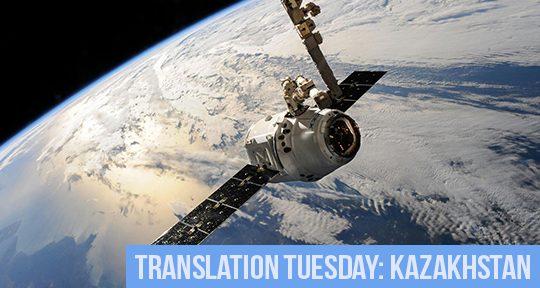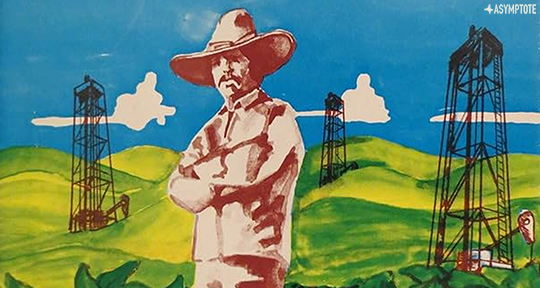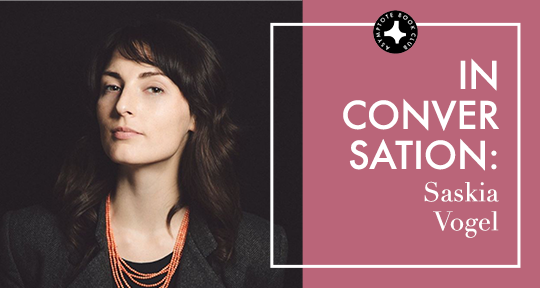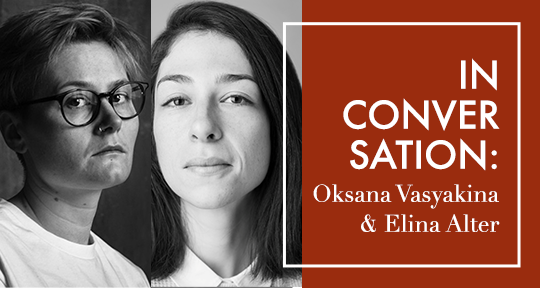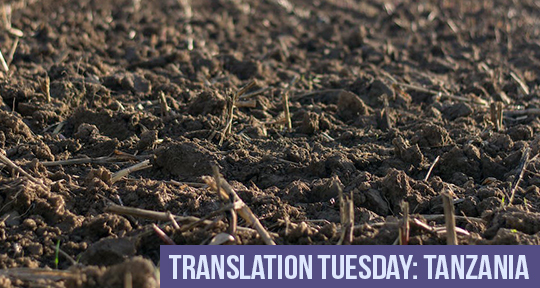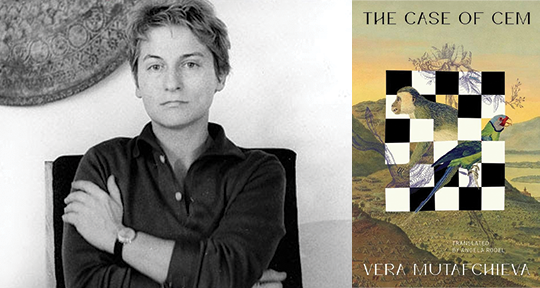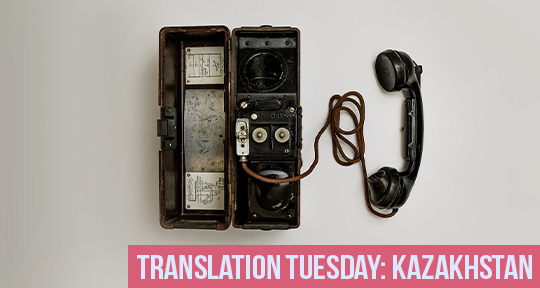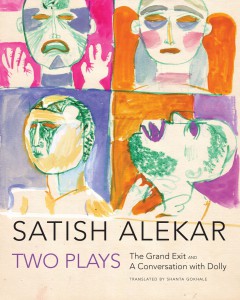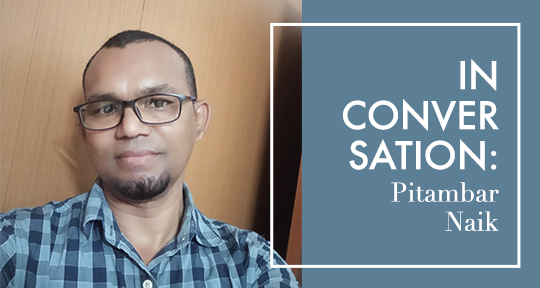This Translation Tuesday, a hostile confrontation ensues when an astronaut inadvertently kills a cow—or two—during his Earth-landing. Here is translator Sarah McEleney on Serebriansky’s startling work of imagination: “This short story by Kazakhstani author Yuri Serebriansky reflects upon the indirect costs of space travel. While the story is meant to take place somewhere in Russia, Serebriansky considers it very much connected to Kazakhstan, as it was inspired by his trip to an area near the Baikonur cosmodrome. The author was traveling in the middle of spring when people were tending to their gardens in the countryside, and suddenly, he noticed shiny silvery containers everywhere, which reminded him of the tripods belonging to the aliens in H. G. Wells’ War of the Worlds. People had gathered parts of rockets that had fallen to the Earth and were using them instead of typical garden containers. At the time, Serebriansky already knew that these pieces of rockets emitted geptil, a rocket propellent hazardous to human health and the environment. With this in mind, a contemplation of the unforeseen consequences of space travel is embedded in “Dymov,” in which the protagonist’s thirst for personal heroism is dashed by his calamitous reentry to Earth.”
I’m a bird in a cuckoo clock. Soon I’ll jump out and say my “cuckoo!” to everyone. No. Not aloud. Because, after all, everything is recorded. The whole country considers you a hero, and you’re the next laboratory mouse in line, and everything is recorded. More important than a dog, of course. Dymov. The “cuckoo!” will be long, since I’ve got something to say. They’ll write: “he conducted experiments.” And really, I conducted them. I beat my heart when I had to, I ran blood through my veins. I was in a spaceship for three days without a spacesuit. Every one of us is the first in something. And what I am is a cuckoo bird, and also, codename “Fog”. Do I want anything else? Yes, I want to go to the moon. I want to climb out of here in a spacesuit, I want to go home. To my daughter. And to church. To Father Anisim, to Anisim.
“Fog’, we’re going to prepare for descent, put on your spacesuit, we’re checking the telemetry before braking. Everything’s in order here.”
“Got it. I’m getting back into my spacesuit.”
That impossible silence is broken. Come on, speak, guys. I’d listen to your sputtering for a century. In an airplane you at least feel the engine, but here there’s just inertia. Space. It’s a heavy word. But howl. Everything is recorded.
The cabin of the spaceship becomes more claustrophobic in zero-gravity. But what can you do? There’s a lever attached to a cord, flying like they had warned. The planet below looks astonishingly lifeless, no traces of life from here—who says that on the radio? Maybe I didn’t hear it there? The globe above the control panel seems like it was made by Neanderthals. But you have to believe in it. Falling to it out of curiosity, into the clouds, from this, not even height, but rather, void—it’s scary, comrades. READ MORE…

